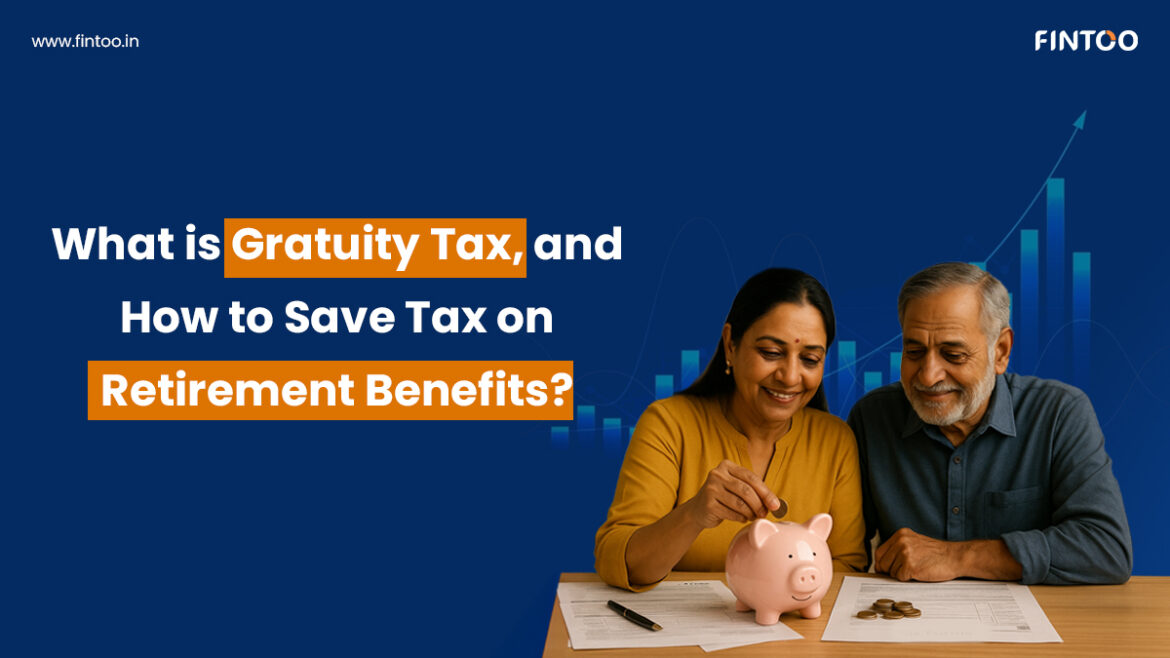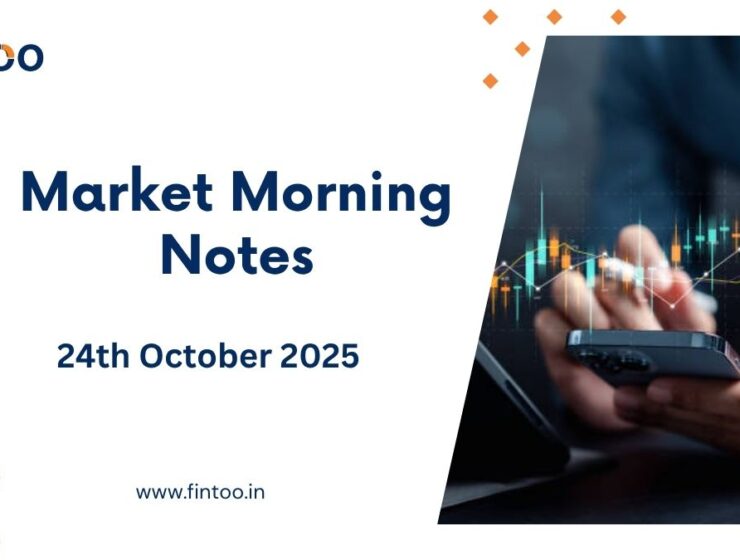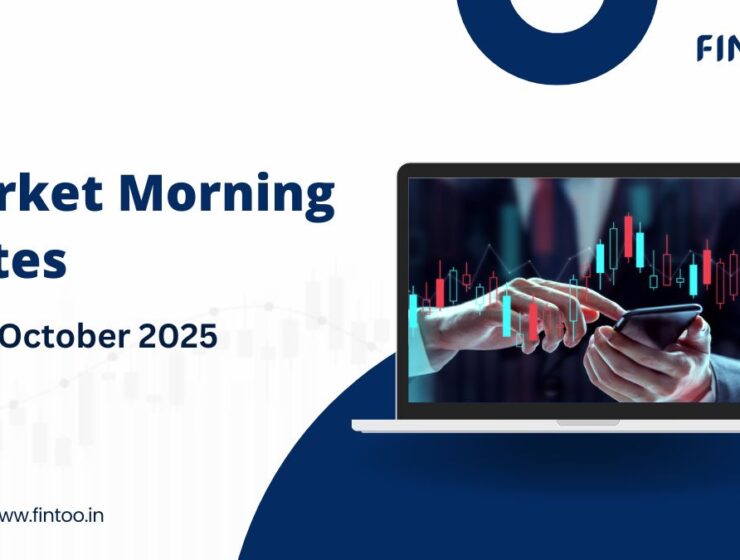

Many employees believe that all retirement payouts—gratuity, pension, and PF—are tax-free. The truth? It’s more nuanced. This guide will walk you through what’s tax-free, what’s partially taxable, and how to plan smart for your golden years.
1. What Is Gratuity?
Gratuity is a one-time lump sum your employer pays you as a gesture of gratitude for long-term service—typically after at least five years with the company.
2. Is Gratuity Taxable?
Partially. It depends on:
- Whether you are a government or private sector employee.
- The amount you receive.
- The applicable gratuity rules in your case.
Government Employees
If you’re a central or state government employee—or in defense, civil services, or local authorities—your gratuity is fully tax-free, regardless of the amount.
Private Sector Employees
For private-sector employees, the tax treatment depends on whether you’re covered under the Payment of Gratuity Act, 1972:
Covered by the Act:
- Gratuity is tax-exempt up to ₹20 lakh.
- Your exemption equals the least of:
- Actual gratuity received
- ₹20 lakh cap
- Formula: (Last drawn salary + DA) × years of service × 15/26
Not Covered by the Act:
- The exemption limit is lower—it’s still capped at ₹20 lakh.
- You pick the least of:
- Actual gratuity received
- ₹20 lakh cap
- Formula: ½ × (average last 10 months’ salary) × years of service
In both cases, any amount above the exemption becomes taxable as per your income slab.
3. Gratuity Tax Rules (Updated for 2025)
- For private sector employees covered under the Payment of Gratuity Act, the tax-exempt limit remains ₹20 lakh. No increase has been implemented yet.
- A government notification raised the gratuity cap for government employees to ₹25 lakh, effective January 1, 2024—but this does not apply to private-sector employees without a separate notification.
4. Are Other Retirement Benefits Taxed?
Yes—and their tax status varies:
Provident Fund (PF)
- Withdrawals made after completing 5 years of continuous service are tax-free.
- Withdrawals before 5 years are taxable as per your income slab.
Leave Encashment
- Exempt under Section 10(10AA), within limits.
- For private-sector employees, it’s restricted; government employees enjoy more generous exemptions.
Commuted Pension
- Partially exempt depending on whether you’re in government or private service and how your pension is structured.
Other Benefits (Highlighted by the Income Tax Dept.)
The Tax Department has released a detailed brochure for retirees (age 60+) covering all these benefits, including gratuity, pension commutation, leave encashment, PF, and standard deductions for AY 2024–25 and anticipated changes for AY 2025–26.
5. Smart Tax-Saving Tips
To optimize your retirement payouts:
- Claim all available exemptions (e.g., under Section 10(10) for gratuity, Section 10(10AA) for leave encashment).
- Structure payouts mindfully—sometimes opting for phased payouts may reduce your tax liability.
- Do advance tax planning—consult a tax expert ahead of retirement or resignation.
- Maximize CTC components like Basic + DA, as gratuity is based on these.
- Ensure accurate ITR filing—even exempt incomes like gratuity and PF should be declared.
Summary Table: Gratuity Tax Treatment (2025)
| Employee Type | Tax-Exempt Gratuity Limit |
| Government Employees | Fully exempt (no cap) |
| Private, Covered by Gratuity Act | Up to ₹20 lakh |
| Private, Not Covered | Up to ₹10 lakh |
6. Final Takeaway
Retirement planning isn’t just about accumulating benefits—it’s about preserving more of what you earn. By understanding gratuity tax exemption, the precise income tax on gratuity, and how other retirement benefits are treated, you can make smarter, more tax-efficient choices.
Let your hard-earned retirement funds work in your favor—plan well, stay informed, and consult experts when needed.
Need Help With Retirement Tax Planning?
At Fintoo, we specialize in human-led financial advisory—helping you structure gratuity, PF, and pension in the most tax-efficient way. Don’t leave your hard-earned money on the table.
Book a free consultation today and make your retirement truly stress-free.
Disclaimer: The views shared in blogs are based on personal opinions and do not endorse the company’s views. Investment is a subject matter of solicitation and one should consult a Financial Adviser before making any investment using the app. Investing using the app is the sole decision of the investor and the company or any of its communications cannot be held responsible for it.
Related Posts
Stay up-to-date with the latest information.


